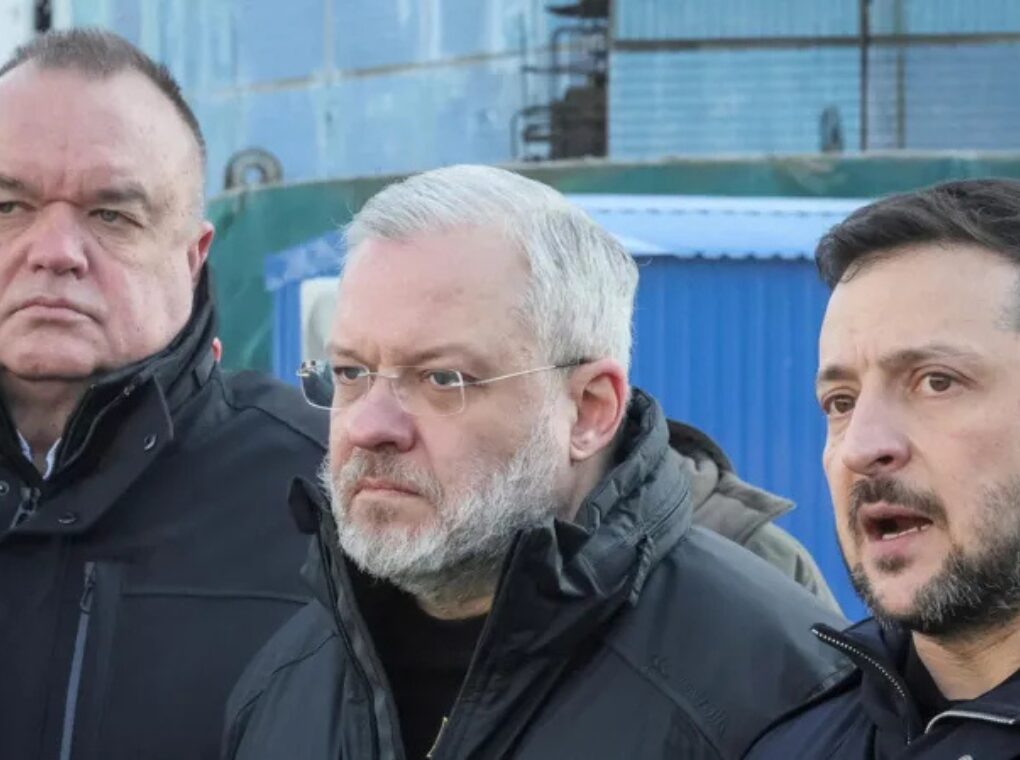Ukraine’s credibility in its ongoing battle against corruption—and its European Union accession hopes—has been shaken by one of the most significant scandals to emerge since the Russian invasion began. A close ally of President Volodymyr Zelenskyy, businessman Timur Mindich, has been accused of orchestrating a $100 million corruption and money-laundering scheme in Ukraine’s energy sector. The fallout has already claimed two key cabinet members and sparked political tremors across Kyiv.
The Core of the Scandal
The National Anti-Corruption Bureau of Ukraine (NABU) and the Specialized Anti-Corruption Prosecutor’s Office (SAPO) announced that their 15-month investigation uncovered a sophisticated kickback operation linked to Energoatom, Ukraine’s state-owned nuclear energy operator.
According to investigators, contractors working with Energoatom were systematically forced to pay between 10% and 15% of contract values as bribes to secure or process state contracts. These illicit payments were then funneled through shell companies, laundered domestically and abroad, and even transferred to accounts connected to Russia — a revelation that has caused widespread outrage given Ukraine’s ongoing war with Moscow.
Key Figures and Resignations
Among those named in the probe are Justice Minister Herman (German) Halushchenko, who formerly led the Energy Ministry, and Energy Minister Svitlana Grynchuk. Both tendered their resignations after President Zelenskyy demanded their removal, calling it “a matter of trust” amid the growing outcry.
Halushchenko, who maintains his innocence, vowed to “defend himself against baseless accusations.” Grynchuk, in a social media post, asserted that “within the scope of my professional activities, there were no violations of the law.”
Also implicated is Timur Mindich, a longtime associate and co-owner of Zelenskyy’s former TV studio, Kvartal95. Mindich, who reportedly fled Ukraine before the probe became public, is alleged to have played a central role in organizing and profiting from the corruption network.
The investigation has already led to over 70 raids, multiple detentions, and the seizure of bags of cash, NABU says were linked to the scheme.
How the Scheme Worked
Prosecutors allege the operation ran through an office in Kyiv connected to the family of Andriy Derkach, a former Ukrainian lawmaker who later became a Russian senator. The office served as a laundering hub, where proceeds from Energoatom contracts were processed and diverted abroad.
According to NABU officials, more than 1,000 hours of audio recordings and extensive financial tracking formed the backbone of the case. These recordings reportedly captured key players discussing payment percentages, contract approvals, and methods to obscure money flows.
Every day since the announcement, NABU and SAPO have released new evidence, including wiretap snippets, suggesting that multiple members of the Ukrainian government were aware—or complicit—in the scheme.
Political Fallout and EU Implications
This scandal arrives at a precarious moment for Ukraine. The country is not only grappling with relentless Russian strikes on its energy infrastructure, but also striving to meet the EU’s stringent anti-corruption benchmarks — a condition for progressing in membership talks.
The allegations have reignited domestic and international doubts about the depth of President Zelenskyy’s anti-corruption commitment. Although he came to power promising to root out systemic graft, repeated scandals have tested his credibility, particularly among European partners.
Earlier this year, Ukraine faced public unrest over legislative moves that appeared to weaken NABU and SAPO’s independence. The nationwide protests in July 2025, backed by G7 ambassadors, forced Zelenskyy to reverse those changes to avoid jeopardizing Ukraine’s EU candidacy.
Now, this fresh scandal risks undoing much of that fragile progress. Western diplomats have privately expressed concern that Ukraine’s leadership remains entangled with oligarch-linked figures and old networks of corruption.
A Test of Reform and Trust
As the investigation deepens, the Zelenskyy administration faces a critical balancing act: maintaining international confidence while proving that even top-level allies are not above the law.
Zelenskyy, who has positioned Ukraine as a model of resilience and democratic reform under wartime pressure, must now navigate perhaps his most serious domestic challenge since the war began.
The resignations of Halushchenko and Grynchuk are seen as attempts to contain political damage, but analysts warn that more dismissals may follow if further evidence emerges.
For Ukraine, the stakes are enormous. Failure to demonstrate genuine accountability could jeopardize billions in Western aid, complicate EU accession negotiations, and embolden critics who argue that corruption remains endemic at the highest levels of government.
The $100 million Energoatom scandal underscores the persistent shadow of corruption that continues to haunt Ukraine’s political system, even amid war. While Kyiv’s anti-graft agencies have shown unprecedented independence and resolve, the involvement of figures close to the president poses a direct test to his administration’s integrity.
As more wiretaps and documents surface, one question looms large: can Ukraine convince the world that it can defeat corruption with the same determination it shows on the battlefield?
